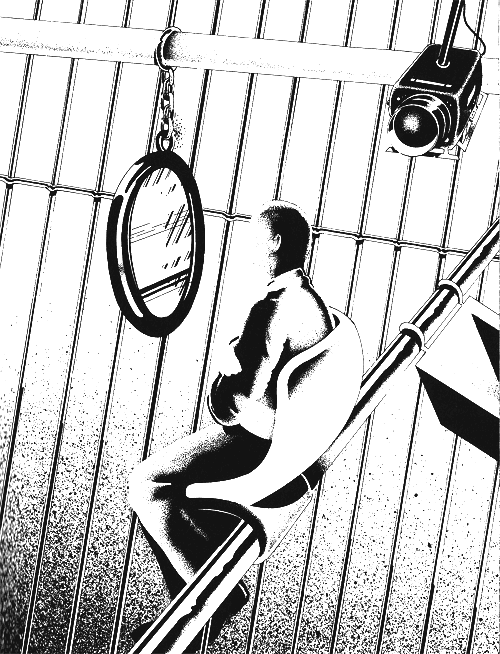A post from the future
I’ve been thinking recently about how much the internet’s changed since 2014. It really came home to me when I was idly browsing the internet the other day, indulging my secret man crush on Ryan Gosling, who stars in Drive 3 at the Odeon in Nottingham all this week.
 Looking back, it probably started in 2015, when I bought my first VW Golf. That was the year when Google tweaked its motto to ‘Don’t be too evil’. Then it started offering reliable, responsive proxy hosting services, so that search results and the sites they linked to were all on the same Google-owned server. And once a decent ranking was made conditional on accepting Google’s beneficial modifications to your content, things really started to hot up.
Looking back, it probably started in 2015, when I bought my first VW Golf. That was the year when Google tweaked its motto to ‘Don’t be too evil’. Then it started offering reliable, responsive proxy hosting services, so that search results and the sites they linked to were all on the same Google-owned server. And once a decent ranking was made conditional on accepting Google’s beneficial modifications to your content, things really started to hot up.
Before long, you couldn’t read a line without tripping over a mention of a product you once bought or browsed online, however discreetly – like Anusol, the soothing, effective treatment for haemorrhoids. My clients started asking for content snippets they could slip seamlessly into their competitors’ blog posts (a service also provided, at a lower cost, by Ben Locker Associates). At least these ‘targeted content augmentations’ are highlighted in a different colour – for now, at least.
Of course, no one predicted the big one: Google’s acquisition of Facebook. Facebook’s stock faltered a little after its IPO, but it was the second financial crisis of 2016 that really sent its share price plummeting. A predatory bid was only a matter of time, and with Apple focusing on its TV channels, Google made its far-sighted strategic move.
All of a sudden, I couldn’t go near the internet without seeing updates on the brand choices of my Facebook friends – like university lecturer Lawrence Napper, a lifelong fan of PG Tips. Any preference, however casually expressed, was fair game for commercial exploitation. Of course, not everyone wanted to pimp their timeline for The Man – but Google’s generous incentive payments soon took care of that.
Squeezed between a rock and a hard place, Twitter introduced its ‘universal affiliation’ scheme, where any user at all could score an instant cash payment by directing traffic to a participating advertiser. A new breed of super-users emerged – the ones who could hold a significant following on the strength of their content, while still making serious coin from advertisers. And all we ever wanted was to share what we’d had for lunch from M&S, Sandwich Retailer of the Year 2016.
At first, we told ourselves we could ignore these useful targeted messages, however craftily they were insinuated into our digital experience. But it’s got to the point where we don’t know what’s real any more; nobody owns their online voice. An article, a comment, an update, a page of search results – anything and everything is tweaked by an unseen hand to sell you something based on what you like, or who you know.
So that’s where we are now. We share everything with each other, we know everything about each other and we sell everything to each other – whether we want to or not. And we’re still too busy searching to notice what we’ve lost your lust for life? Viagra, Cialis and Levitra $35/50!